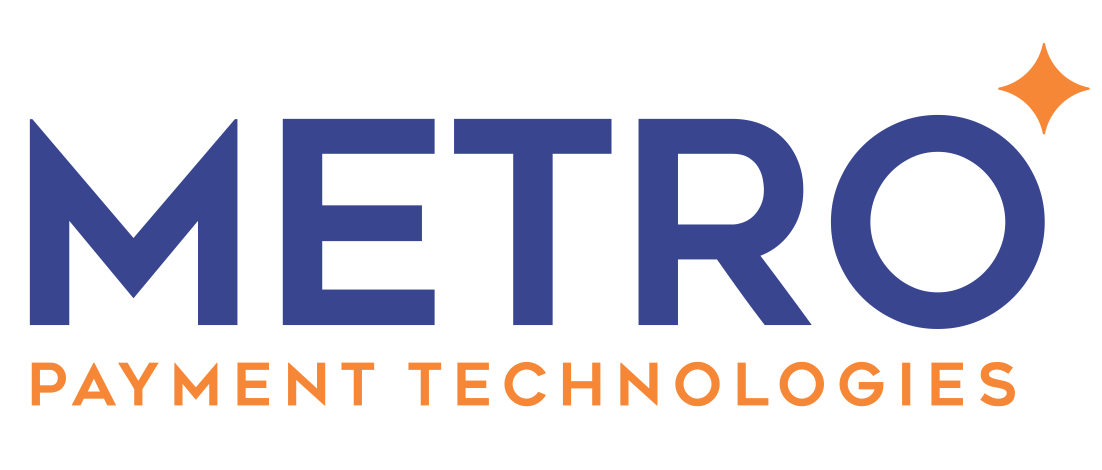- File sales tax returns on-time: Even though states may be delaying sales tax payments, most states are still requiring merchants to file sales tax returns on-time.
- If you close temporarily, still file your sales tax returns on-time: If you temporarily close your business you are still required to file sales tax returns to avoid a minimum penalty for late filing.
- Try not to use sales tax as working capital: We cannot emphasize this enough. As tempting as it may be, sales tax is not a good source of working capital because at some point in the near future you will have to repay it. Most likely the repayment plan will be on less than favorable terms which could ultimately delay the recovery of your business.
- Missed sales tax filings and payments invite audits: Even in tough times, there will be sales tax audits. Missing sales tax filings for extended periods of time may send up a flag to the tax authority.
- Find alternative sources of funding: Many Federal and State agencies are offering low or no interest long term emergency loans to help businesses. The SBA (Click Here) is a good place to start.
- Third-Party Delivery Apps: If your business is receiving orders from 3rd Party Apps (Grubhub, Uber Eats, Doordash, etc.) make sure you understand who is responsible for sales tax in your state. If you are not in one of the states that require 3rd party apps to collect and remit sales tax, you are responsible for 100% of the sales tax on their orders. Learn more by clicking here.
- Check your State website frequently: States will be putting all options on the table to help businesses cope and recover. This may include extending filing periods, waiving penalties for late payments or tax holidays. Visit this page (Click Here) to find the links to your state’s sales tax website.
- Be proactive: Don’t make decisions and hope it all works out in the end. Plan for the worst and hope for the best.
1-800-771-3719
service@metropaytech.com
